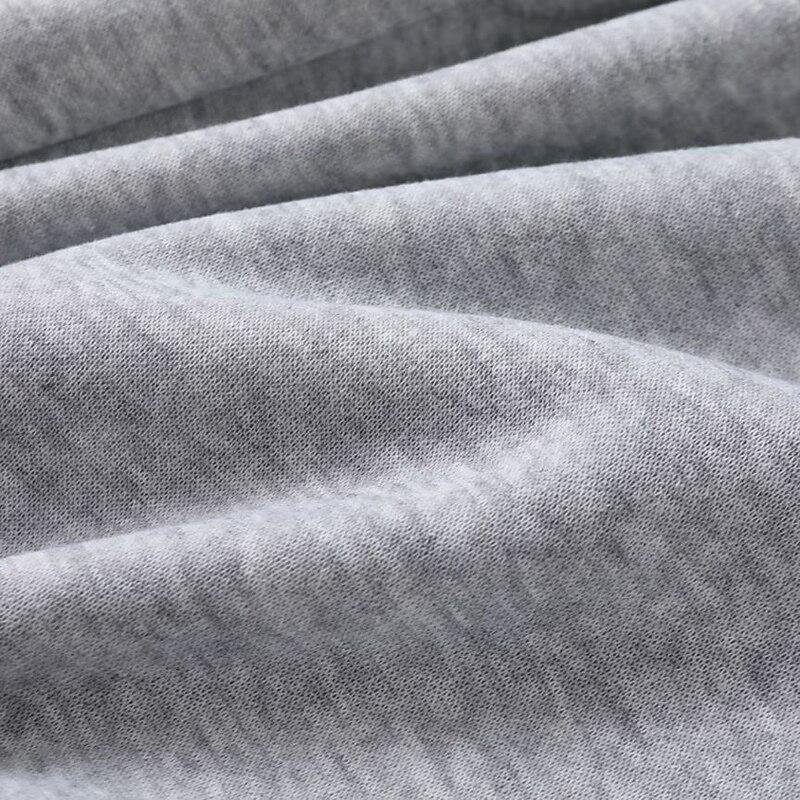Tag: clothing, fashion, industry
Clothing has been an essential part of human existence since the beginning of time. From simple animal hides to elaborate designer pieces, clothing has evolved significantly over the years. It not only serves as a basic necessity for protection and warmth but also plays a crucial role in expressing one’s individuality and social status.
The history of clothing can be traced back to our primitive ancestors who used leaves, animal skins, and other natural materials to cover their bodies. As civilization progressed, so did the development of clothing. Ancient civilizations like Egypt and Greece saw the emergence of more stylized garments such as tunics and togas made from luxurious fabrics like silk and linen.
Fast forward to modern times; clothing has become much more than just a means for covering oneself. With the rise of industrialization in the 18th century came mass production techniques that revolutionized the fashion industry. Ready-to-wear clothing became easily accessible to people from all walks of life.
In today’s world, where trends come and go at lightning speed, clothes have become a form of self-expression rather than just being functional items. The constantly evolving fashion industry continuously introduces new styles that reflect societal changes while creating demand for newer designs every season.
Moreover, with globalization shrinking international boundaries, different cultural influences have led to diverse fashion choices around the globe. Traditional attire is now being reinvented with contemporary elements resulting in fusion wear that appeals to audiences worldwide.
However, this fast-paced evolution comes with its share of challenges for both consumers and manufacturers alike. Cheap labor costs in developing countries often lead to unethical practices such as sweatshops that exploit workers’ rights while catering to growing demands for cheaply priced apparel.
Another significant concern is environmental sustainability due to mass production methods leading to excessive waste generation harmful chemicals polluting water sources during dyeing processes among others issues impacting nature.
As consumers, we hold the power to drive change by being mindful of our purchasing choices. Opting for sustainable and ethical clothing brands can help create a more positive impact on both people and the planet.
In conclusion, clothing has come a long way from its simple origins to become an integral part of our lives today. Its evolution continues to shape society’s perception of beauty, culture, and individuality while also leaving a significant footprint on the environment. As we move towards an uncertain future, it is vital to remember that responsible fashion choices are crucial in creating a better world for ourselves and future generations.
